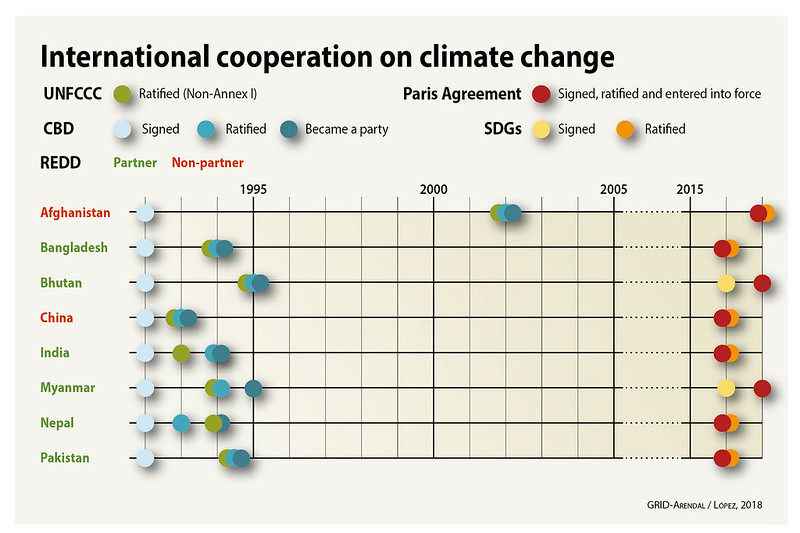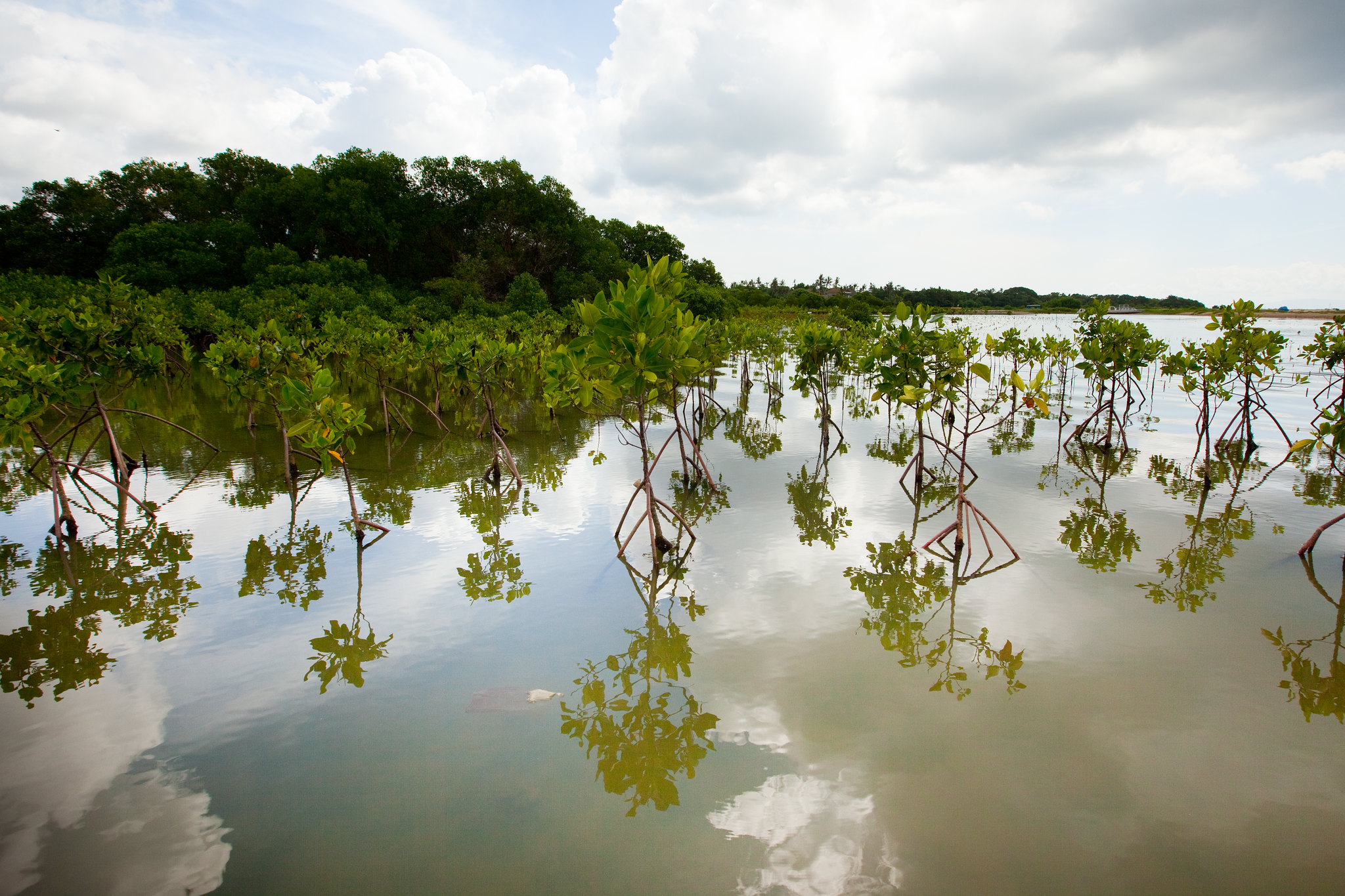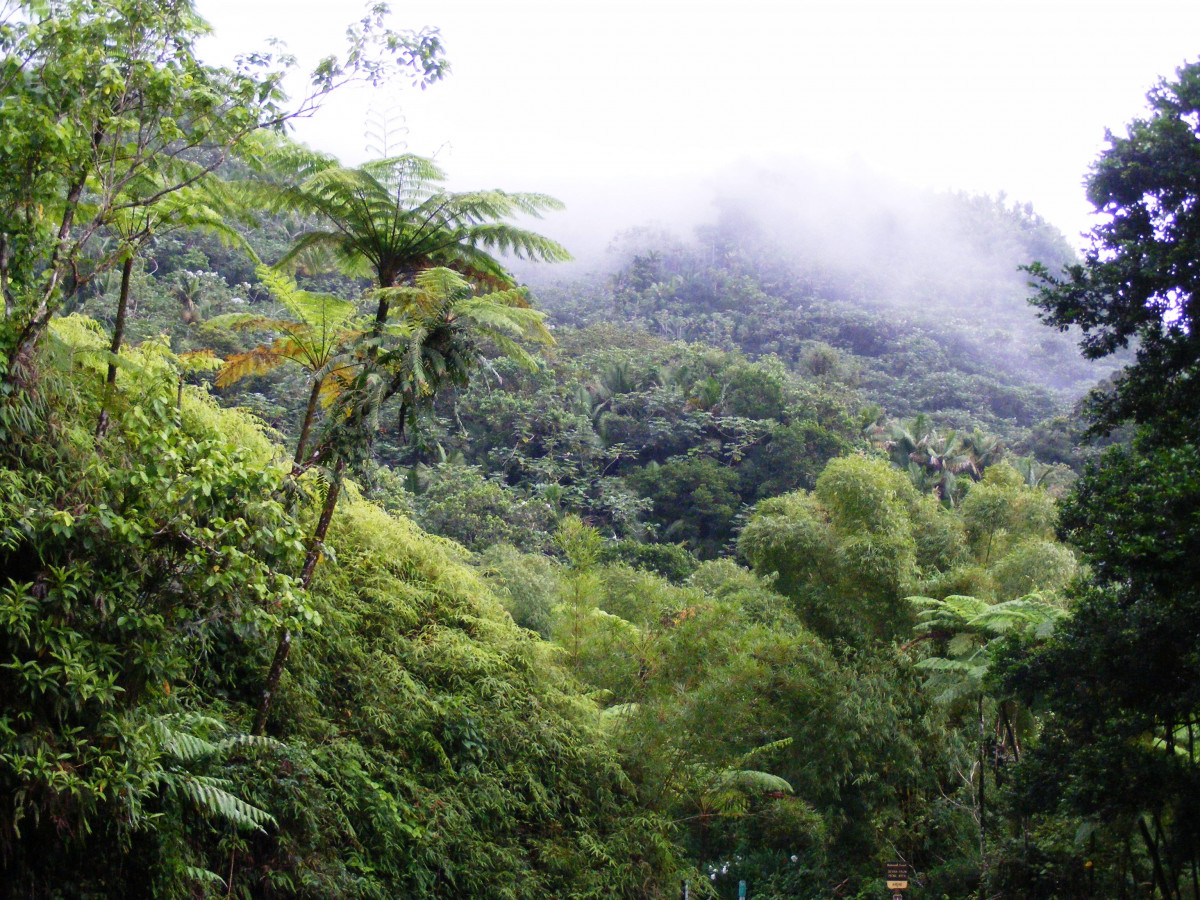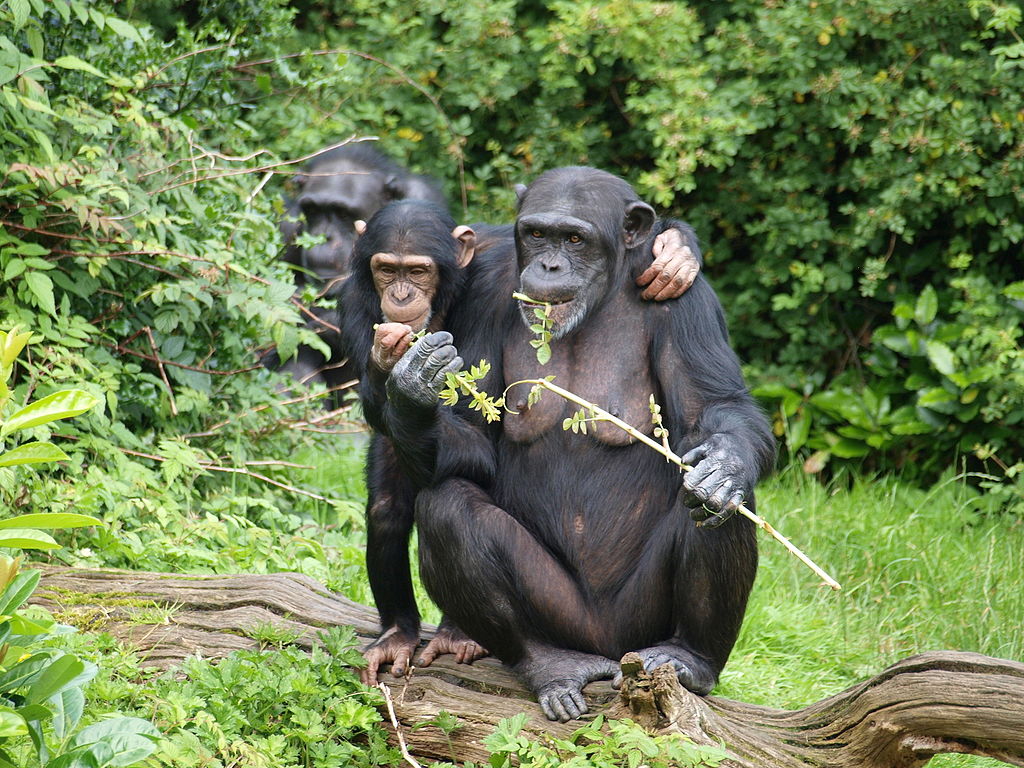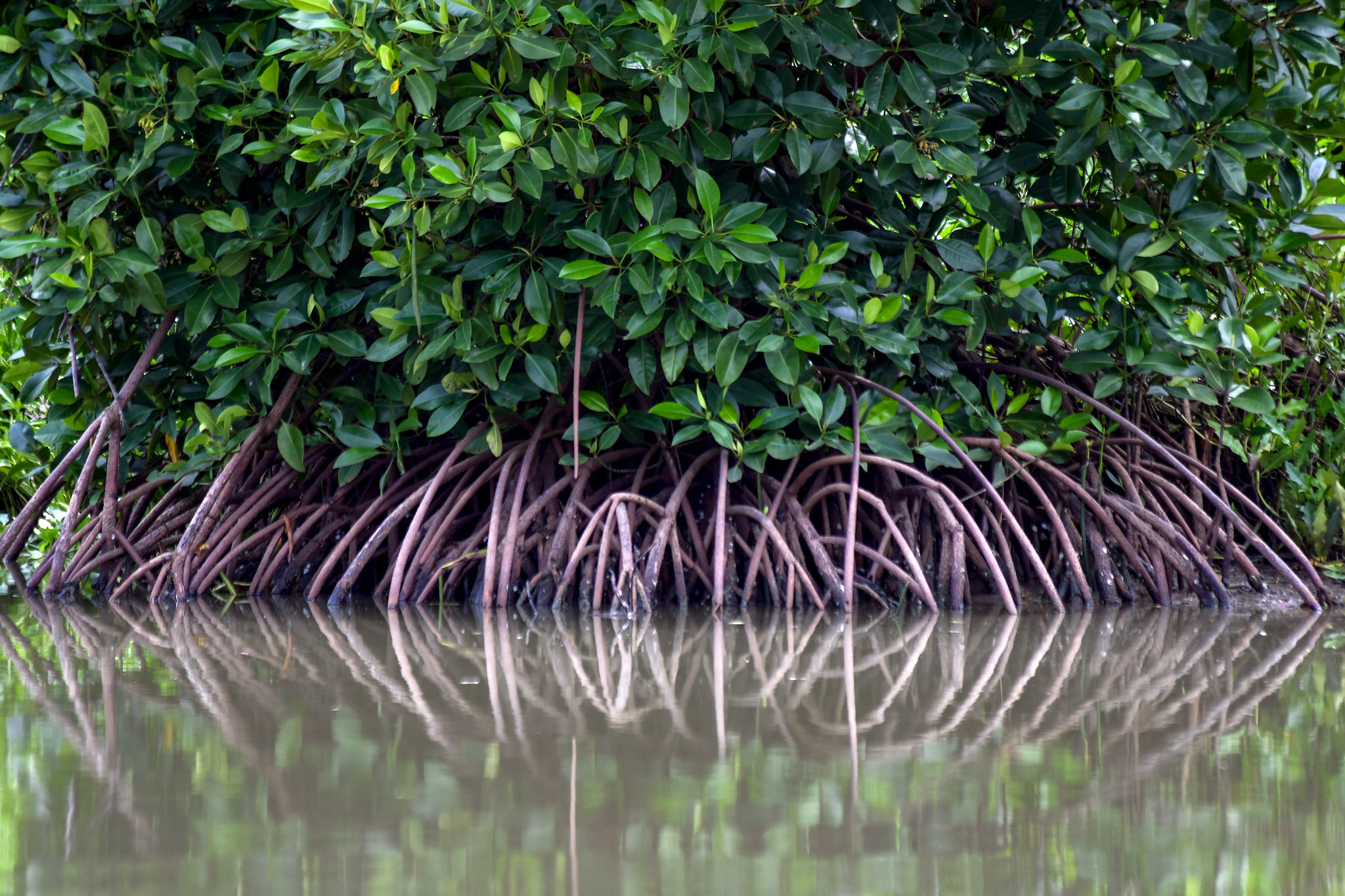Rapid expansion of coastal cities, pollution from industries and domestic sources have caused uncontrolled losses and degradation of the mangrove forests resulting in the loss of more than 50% of the original mangrove forests in the past 50 years. More than 60 % of this loss in Cameroon is attributed to fish smoking, cooking and urban construction activities.
Current anthropogenic activities seriously threaten mangrove and other coastal ecosystems and reduce their resilience to mitigate and adapt to climate change effects. Frequent impacts of sea surges, inundations and natural disasters recorded in recent years in the coastal areas are evidence of increasing vulnerability of this system due to increasing human pressures.
The importance of mangroves in climate mitigation, adaption and coastal protection is gaining ground. The value of Carbon stock stored in healthy mangrove forests of Cameroon estuary in above ground and root biomass has been estimated at 300 tons Carbon/ha.
Priority actions
- Support community reforestation of degraded mangrove and associated landscapes
- Landscape restoration activities with regeneration work within degraded and deforested areas of protected area
- Establish long term ecological monitoring program to monitor deforestation trends and afforestation/resilience activities
- Carryout targeted applied research studies on carbon stock assessments, factors of deforestation to improve knowledge and management of mangroves ecosystems
- Develop and implement pilot REDD+ projects based on ongoing field experiences and in collaboration with technical ministries and other partners
- Promote community based program within fishery communities on efficient smoking houses for large scale fish process
